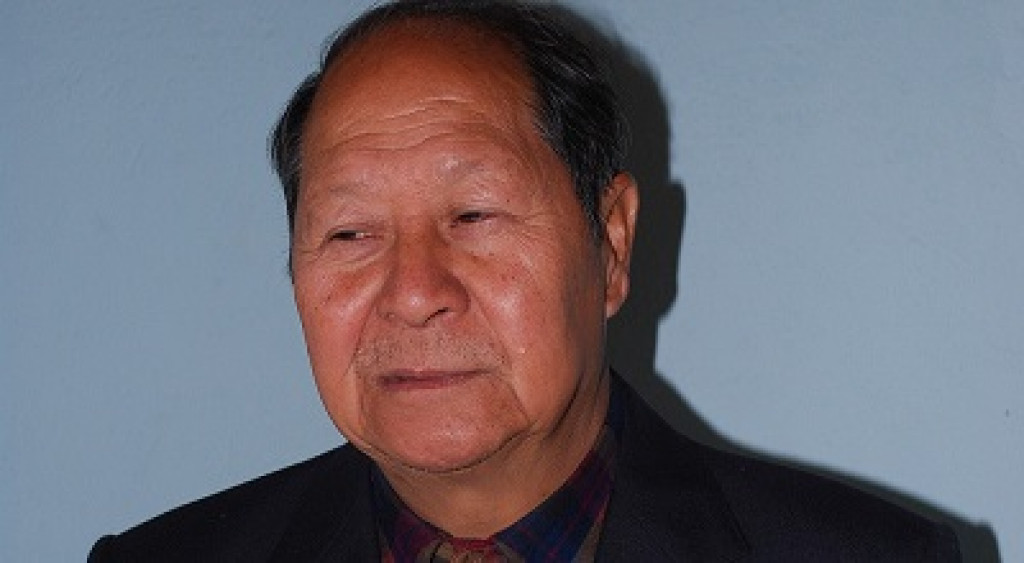

Nepal Workers and Peasants Party (NWPP) Chairperson Narayan Man Bijukchhe made public his party’s manifesto in view of the upcoming November 20 House of Representatives and Provincial Assembly election.
At a press conference organized by NWPP here on Tuesday, party chairperson Bijukchhe launched the manifesto that pledges to provide free education up to the secondary level and make university education accessible.
Stating that the major opposition party-CPN (UML)- involved in power-sharing with the capitalist had proven that the party was politically weak, chairperson Bijukchhe blamed the Nepali Congress-led coalition and UML were in fact the two sides of the same coin.
The NWPP in its manifesto underscored the need to enthuse and encourage national capitalists to invest Nepal’s capital for the greater good of the country. The party has also advocated for an immediate formulation of the law that bars keeping Nepal’s assets abroad.
The party has pledged to raise its voice, both in the street and in the parliament to bring new legislation that acknowledges any political parties, organizations, and individuals taking sides with the criminals or encouraging crimes as a crime and punishing them considering the violation of laws.
The parliamentarians elected from NWPP would also lobby for drafting the law and acts in the parliament to deprive the contractors of their contract for their gross negligence and erring performances.
The party would also lobby for increasing the budget for education and giving the right to autonomy and decentralization to the local levels. Upgradation of Khwaopa College into a university is one of the agendas of the party as per the manifesto.
Severely criticizing the performance and working style of the current political parties, the party pledged to take initiatives to revoke the uneven treaties with India if it is elected in the upcoming election.
Secretary of NWPP as well as the party’s candidate for member of the House of Representatives Prem Suwal argued that the election was a barometer that indicated the revolution and reaffirmed his and his party’s commitments to work in the best interest of the country.